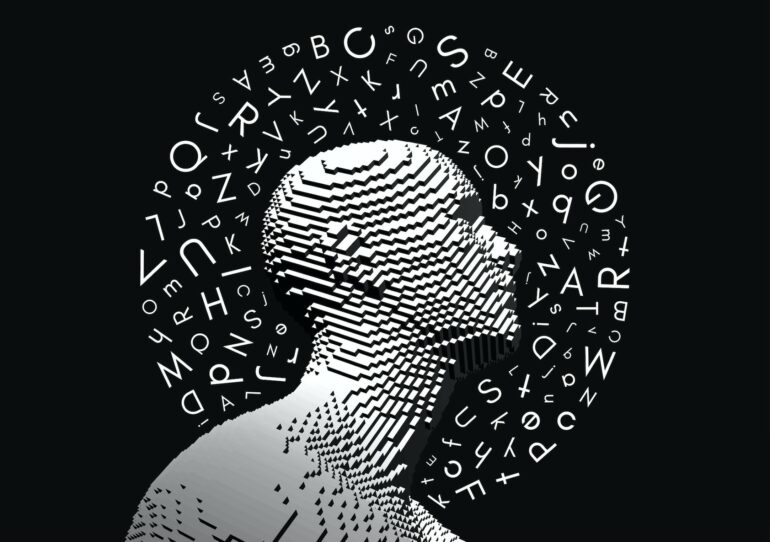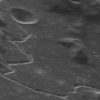The days of having a dictionary on your bookshelf are numbered. But that’s OK, because everyone already walks around with a dictionary – not the one on your phone, but the one in your head.
Just like a physical dictionary, your mental dictionary contains information about words. This includes the letters, sounds and meaning, or semantics, of words, as well as information about parts of speech and how you can fit words together to form grammatical sentences. Your mental dictionary is also like a thesaurus. It can help you connect words and see how they might be similar in meaning, sound or spelling.
As a researcher who studies word retrieval, or how you quickly and accurately pull words out of your memory to communicate, I’m intrigued by how words are organized in our mental dictionaries. Everyone’s mental dictionary is a little bit different. And I’m even more intrigued by how we can restore the content of our mental dictionaries or improve our use of them, particularly for those who have language disorders.
Language is part of what makes humans special, and I believe everyone deserves the chance to use their words with others.
Your mental dictionary
While a physical dictionary is helpful for shared knowledge, your personal mental dictionary is customized based on your individual experiences. What words are in my mental dictionary might overlap with the mental dictionary of someone else who also speaks the same language, but there will also be a lot of differences between the content of our dictionaries.
You add words to your mental dictionary through your educational, occupational, cultural and other life experiences. This customization also means that the size of mental dictionaries is a little bit different from person to person and varies by age. Researchers found that the average 20-year-old American English speaker knows about 42,000 unique words, and this number grows to about 48,000 by age 60. Some people will have even larger vocabularies.
By now, you might be envisioning your mental dictionary as a book with pages of words in alphabetical order you can flip through as needed. While this visual analogy is helpful, there is a lot of debate about how mental dictionaries are organized. Many scholars agree that it’s probably not like an alphabetized book.
Scientists created an interactive map of which brain areas respond to hearing different words.
One widely rejected theory, the grandmother cell theory, suggests that each concept is encoded by a single neuron. This implies that you would have a neuron for every word that you know, including “grandmother.”
While not accepted as accurate, the aspect of the grandmother cell theory suggesting that certain parts of the brain are more important for some types of information than others is likely true. For example, the left temporal lobe on the side of your brain has many regions that are…



